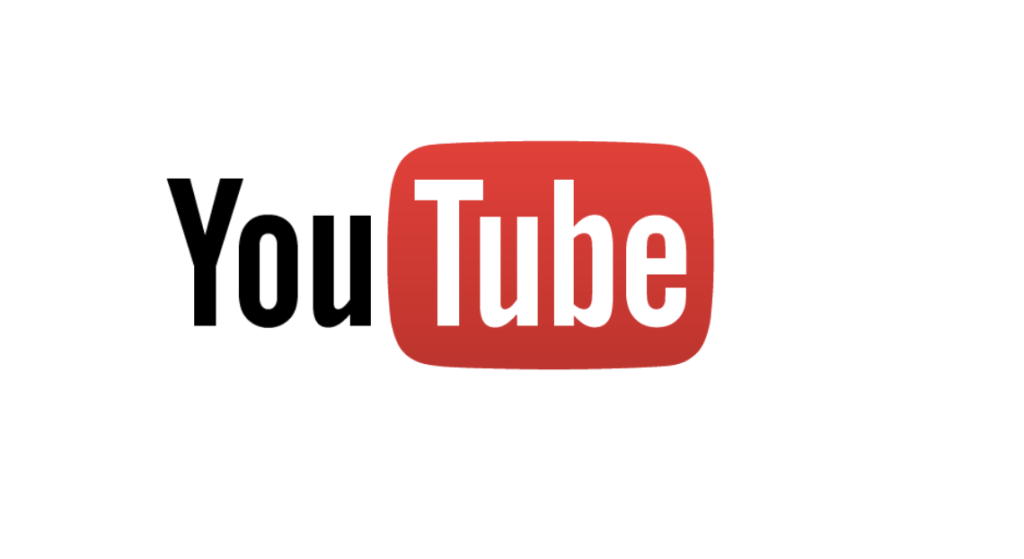YouTube Joins T-Mobile’s Binge On: What Next For Net Neutrality?
This post originally appeared at Fabric.Media. It wasn’t exactly Nixon Goes to China, but news that YouTube and Google Play have joined T-Mobile’s controversial Binge On program did catch the eye. Now, with a group of Binge On participating companies that T-Mobile says collectively comprise 70 percent of Internet video traffic, the bigger questions are two:1) What does it mean for the government’s Net Neutrality policies? 2) Absent a government response, will other carriers have to offer similar programs to compete?T-Mobile rolled out Binge On last year, allowing users to watch as much video from participating sites as they wanted without it counting against their data plans. Critics immediately raised issues about preferential treatment for some video providers, seemingly stepping on FCC Net Neutrality provisions because it advantaged some over others. Then YouTube complained that Binge On users watching its videos were seeing their streams throttled. The Electronic Frontier Foundation came out with a study saying everyone’s video was getting throttled, leading to some shots back and forth between T-Mobile’s controversy-courting CEO John Legere and the foundation.Well, all is (more or less) forgiven. Google says T-Mobile made some changes, and now they’re part of Binge On. So next up, we’re await any reaction from the FCC and Chairman Tom Wheeler.With the companies behind the vast majority of video streams on the web (Netflix and Hulu are also participants), what does this mean for smaller fish still trying to make a mark? Will they be at a disadvantage with potential mobile audiences (where more than half of video online is now watched)?Will the FCC take steps to curb or further modify what T-Mobile is doing, to ensure something like even treatment for the little guys? In an election year, with changes ahead for the commission in less than a year, it’ll be an important issue to figure out.Also floating out there is whether, absent any FCC reaction, T-Mobile’s approach becomes the Way Things Are Done in the carrier business. T-Mobile under Legere has styled itself as the “uncarrier.” His company has rather gleefully dumped several of the industry’s bedrock business models, such as multi-year contracts and financing new phones through those contracts. Eventually, other carriers have adopted similar approaches. Will this be the new normal? Your move, Chairman Wheeler.David Bloom is a strategist and content specialist for Fabric Media, a consortium of creative individuals rallied around innovative companies.
Then YouTube complained that Binge On users watching its videos were seeing their streams throttled. The Electronic Frontier Foundation came out with a study saying everyone’s video was getting throttled, leading to some shots back and forth between T-Mobile’s controversy-courting CEO John Legere and the foundation.Well, all is (more or less) forgiven. Google says T-Mobile made some changes, and now they’re part of Binge On. So next up, we’re await any reaction from the FCC and Chairman Tom Wheeler.With the companies behind the vast majority of video streams on the web (Netflix and Hulu are also participants), what does this mean for smaller fish still trying to make a mark? Will they be at a disadvantage with potential mobile audiences (where more than half of video online is now watched)?Will the FCC take steps to curb or further modify what T-Mobile is doing, to ensure something like even treatment for the little guys? In an election year, with changes ahead for the commission in less than a year, it’ll be an important issue to figure out.Also floating out there is whether, absent any FCC reaction, T-Mobile’s approach becomes the Way Things Are Done in the carrier business. T-Mobile under Legere has styled itself as the “uncarrier.” His company has rather gleefully dumped several of the industry’s bedrock business models, such as multi-year contracts and financing new phones through those contracts. Eventually, other carriers have adopted similar approaches. Will this be the new normal? Your move, Chairman Wheeler.David Bloom is a strategist and content specialist for Fabric Media, a consortium of creative individuals rallied around innovative companies.

